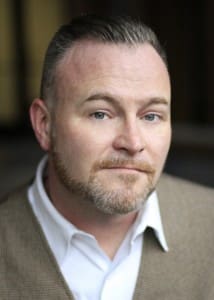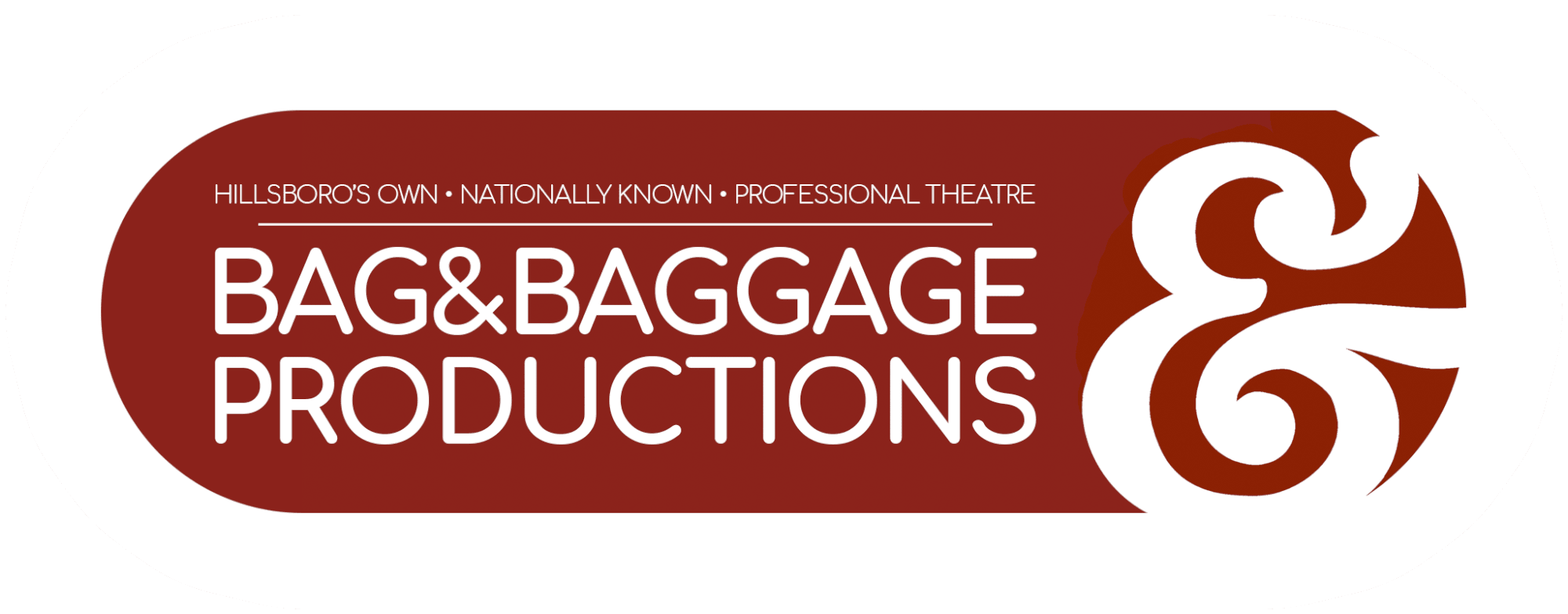- Skip to primary navigation
- Skip to secondary navigation
- Skip to main content
- Skip to primary sidebar
Theatre is Transformation – Scott Palmer Blogs about OCG
 We’ve been thinking a lot about transformation here at Bag&Baggage. Over the past few months, we have experienced a lot of change. As many of you know, the press has been covering our discussions about the possibility of creating ourselves a new home in Hillsboro…with the Venetian for sale, and the future uncertain, we have been working hard to envision a future for ourselves that would create a permanent home for us; a place where we can grow, flourish, and transform.
We’ve been thinking a lot about transformation here at Bag&Baggage. Over the past few months, we have experienced a lot of change. As many of you know, the press has been covering our discussions about the possibility of creating ourselves a new home in Hillsboro…with the Venetian for sale, and the future uncertain, we have been working hard to envision a future for ourselves that would create a permanent home for us; a place where we can grow, flourish, and transform.
There is a lot at stake, and the pressure is on; how can we transform? How do we evolve? Whatever will become of us?!?!?
That’s why Our Country’s Good feels like such a perfect show for us to perform at the end of our seventh season of work at The Venetian. Timberlake Wertenbaker’s masterpiece of history, language and change fits like a glove at this time in our history. It is a story about theatre, about the people who love and make theatre, and about the transformative power that theatre has on the people who do it, the people who make it, and the people who love it. What better script for us to undertake at this time in our evolution….
Our Country’s Good is a remarkable play. Not only is it an adaptation of a successful novel, it is also a gorgeous piece of theatrical stage craft. Difficult and challenging, fast and sweeping, lyrical and poignant; all qualities that combine to make it an inspiring choice for our last show of the season. I am incredibly proud that we have taken on this challenge, and thrilled that I get to work with these fine actors and designers on such a powerful work.
In 1987, the Australian novelist Thomas Keneally wrote The Playmaker, which tells the story of the first ever theatre company built in Australia, founded in early 1796. In The Playmaker, an Officer of the English marines gathers together a group of English convicts…murderers, thieves, prostitutes, pickpockets and, worst of all, tax evaders…and, relying on his “genteel theatrical sensibilities,” uses theatre to educate and reform the convicts. Keneally used the journals and letters of Ralph Clark, a 2nd Lieutenant in the Royal Marines, as well as materials written by David Collins, Watkin Tench, Arthur Phillip, Robert Ross, William Dawes and others to write his fictionalized account of the First Fleet at Sydney Cove. The Playmaker is Keneally’s interpretation of the historic accounts of those English officers who lived these actual events.
We should also remember that, in 1982, Keneally published Schindler’s Ark, which won him the Booker Prize and which would later become Schindler’s List, which won the Academy Award for Best Picture under the direction of some hack named Stephen Spielberg.
Keneally has a long history of exploring themes of identity in all of his works…whether they be Jewish identity, German identity, or, in the case of The Playmaker, English, Australian and Aboriginal identities. Of particular interest to Keneally has always been the influence that the past has on the present and, ultimately, on our collective futures.
These are incredibly rich grounds for theatre, and the English playwright Timberlake Wertenbaker took full advantage of Keneally’s remarkable skill with language, with dramatic tension, and his vision of Australia’s past, to craft her own astonishing achievement, the 1988 play Our Country’s Good.
Delores Ringer of the University of Kansas Theatre Department writes, in her dramaturgical guide to Our Country’s Good that, “Wertenbaker’s plays often contain a “play within the play,” in which characters are seen to use theatre to say things they otherwise could not say, or tell a story or myth for a specific political purpose.”
Our Country’s Good is sharp and pointed in its theme. The play tells us that plays are good for us, basically. In fact, almost every review of the play for the past 30 years has included something close to the phrase, “a celebration of the redemptive power of theatre” in its comments….But what, exactly, does that mean? That theatre can “redeem” convicts? That it can make bad people into good people?
Wertenbaker explicitly says to us, in her play, that theatre is socially and culturally valuable.
No. That it is, in fact, INVALUABLE.
Verna Foster, in her essay Convicts, Characters and the Conventions of Acting in Our Country’s Good says, “The convicts participation in the rehearsal and performance of George Farquhar’s play reforms their manners, enables them to become a community that cares about and is prepared to make sacrifices for something larger than the individual, allows them to undermine at least in small ways oppressive authority, and gives to each of the actors a sense of self-worth and hope for the future.”
I can think of very few better ways to express the mission of this theatre company than to echo the sentiments of Timberlake Wertenbaker.
To come together in a sense of community. To consider, frankly and openly, the things we care about and value. To challenge and question oppression and authority. To allow us to experience our own worth as members of this community and to build, together, a sense of potential and hope for our collective future. To experience, together, things that transform us.
Theatre does that. Our Country’s Good is about that. Bag&Baggage tries to do that. And we will continue to do so for as long as we can. Our future may be unclear, but we know how we are going to get there. Through theatre; through the creation of meaning and value with you, our beloved audiences, and with this community we love so much.
I want to invite you to participate in that future by becoming a Season Subscriber to Bag&Baggage. Our eighth season of work has been announced and it is our most ambitious, riskiest and most compelling season yet. We need you there; at every show, learning from you, growing with you, changing with you. It is only together that we can evolve and become the theatre company you want and need us to be. I would be honored to have you as a part of the Bag&Baggage family of subscribers.
Thank you for all you do to help us transform.
Scott Palmer, Artistic Director
Bag&Baggage Productions

Reader Interactions